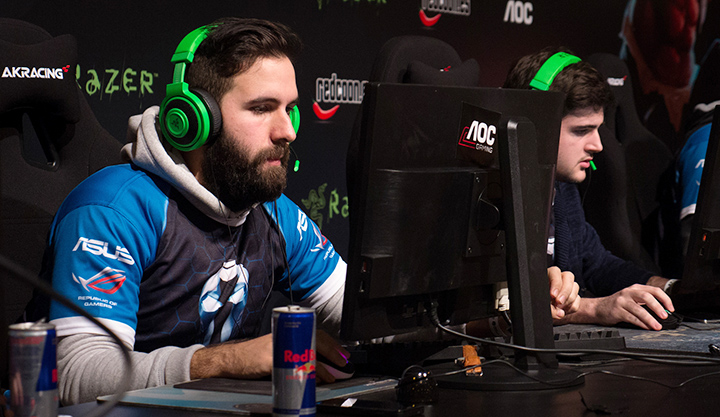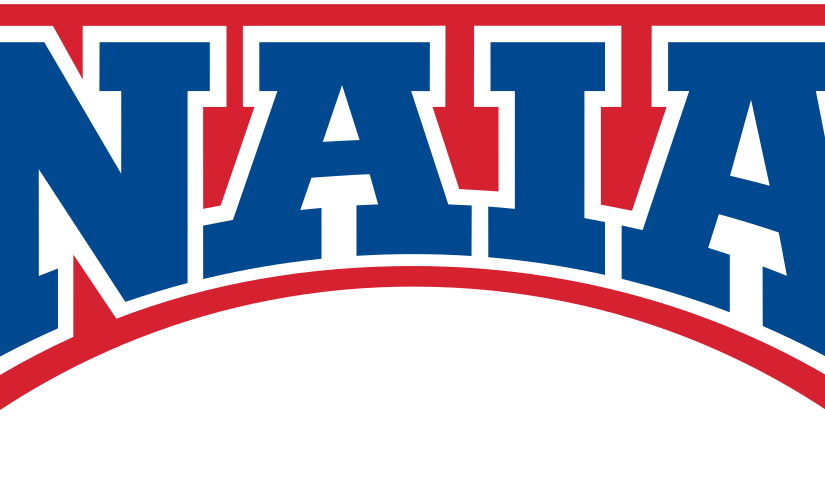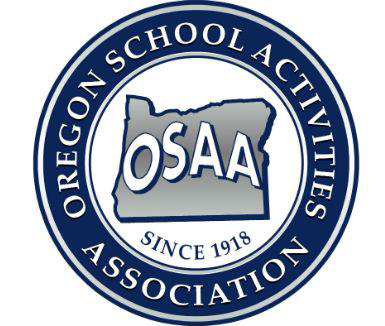Idaho State student researching esports burnout rates
Tyler’s thesis research is aimed to understand this issue and is titled, “Non-Functional Overreaching and Overtraining Syndrome within College Esports.”
 Moerer’s study has included data collection from Big Sky Conference Universities that participate in collegiate esports. In the Fall 2022 semester, he examined 10 athletes to understand burnout and prevention methods.
Moerer’s study has included data collection from Big Sky Conference Universities that participate in collegiate esports. In the Fall 2022 semester, he examined 10 athletes to understand burnout and prevention methods.
“When we talk about burnout or the complete removal from sports, we look at what happens before a player completely leaves,” said Moerer. “With overtraining syndrome, somebody will practice or play a game that is high intensity and short duration. Because their adrenaline is increased, this leads to an improvement in their skills. However, if it is not followed by proper recovery, this will lead to a decrease in their overall performance.”
Esports, also known as electronic sports, is a series of games that are played through electronic devices whether it be a computer, PlayStation, Xbox, or another gaming console. Typically, esports gameplay includes one person against one person or team versus team(s). Super Smash Bros, Primary Rocket League, League of Legends, and Overwatch are predominantly played at the professional level. Esport athletes in their prime are known to play their game 9-14 hours a day, seven days a week.
“If a top esport athlete is playing this often, they are prone to overtraining syndrome,” Moerer said. “This can lead to mental health issues in players such as stress, depression, or anxiety.”
Much attention has been given to the esport industry as secondary schools and colleges/universities’ esport programs have grown in popularity. Because esports are not tied to a specific nation and can include worldwide participants, viewership has increased in recent years which has led to an increase in monetary prizes offered to athletes. However, little research has been done to understand athlete’s mental health.
“It has always confused me as to why athletes drop out when they are at the height of their professional career, but sports isn’t everything,” said Moerer. “It is important as an esport athlete to have outside hobbies and activities that you are involved in to avoid burnout.”
While Idaho State University is currently not active in esports on the collegiate level, Moerer hopes his research can shed light on ways to better help and support collegiate esport athletics.
“Regardless of whether you believe esports are sports, they are a product of sportification and they are built around the model of sports, teams, and team building. My goal is to bring awareness to this under-researched area to better help athletes.” said Moerer.
Moerer is expected to graduate from the athletic administration program in May 2023 where he plans to enter a Ph.D. program with the eventual goal of becoming a sport psychologist. In his free time, Moerer serves as a Graduate Assistant for the Human Performance and Sport Studies Department where he teaches classes such as table tennis, weight training, and sport psychology. He also enjoys playing esports, specifically Super Smash Bros.
*This is an issued press release from Idaho State University.







